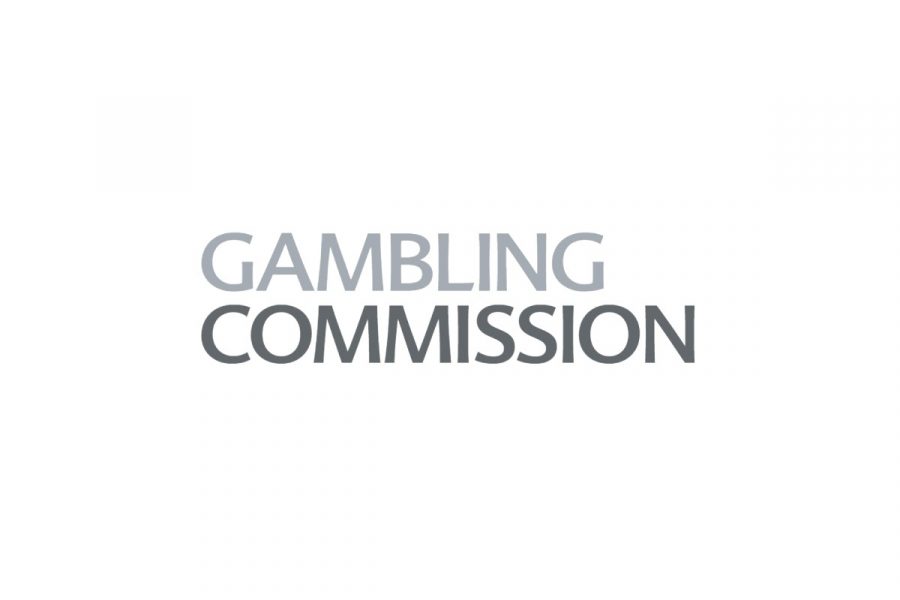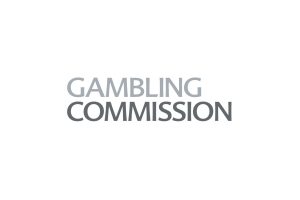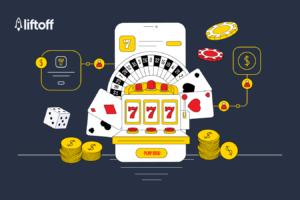Gambling Commission: a third of gamblers play because of ads

The British Gambling Commission has published a survey that found 34 per cent of gamblers were swayed by advertising.
UK.- The British regulator, the Gambling Commission, has published data from a survey that sought to measure the reach and impact of gambling advertising.
The survey found that 34 per cent of gamblers reported having spent money on gambling in the past year as a result of advertising.
The survey was completed by 6,258 people, including 4,566 who claimed to have gambled in the past 12 months.
The most likely marketing techniques to prompt players to spend money were free bets or money to spend with a gambling company, with 22 per cent of the 4,566 gamblers having spent money as a result.
Advertising on social media swayed 15 per cent of gamblers, while direct marketing, sports sponsorships and newspaper advertising influenced 9 per cent, 8 per cent and 7 per cent respectively.
The Gambling Commission asked those who had seen gambling ads how the ads had changed their gambling habits, if at all. Some 52.8 per cent of those who gambled in the prior 12 months and saw ads said the adverts had not changed the amount of money they spent.
Only 16.3 per cent said ads caused them to increase the amount of money they gambled. Some 13 per cent said ads caused them to start gambling for the first time, and 14.7 per cent said they caused them to restart after a break from gambling.
Meanwhile, 10.1 per cent of respondents reported that ads caused them to change what they gambled on or to try a new type of gambling.
The survey found that 85 per cent of respondents had seen gambling advertising or sponsorship – 83 per cent having seen advertising and 78 per cent sponsorship. That’s a drop from a study in 2019 that found 87 per cent had seen advertisements or sponsorships – 86 per cent advertisements and 82 per cent sponsorships.
The most seen form of advertising remained television (seen by 76 per cent). Direct marketing by email, text message or push notification, was the least reported (37 per cent). Those who had games in the last four weeks were the most likely to see ads.
As for social media, 68 per cent of respondents said they use social media but didn’t follow gambling operators. Only 16 per cent reported following gambling companies, with 11 per cent following a company on Facebook.
The Gambling Commission said the results of the survey showed that gambling advertising had a wide reach that included existing players as a well as former players and non-players.
UK: all Gambling Commission licence fees to rise
The Department for Digital, Culture, Media and Sport (DCMS) has approved a 55 per cent increase in the licence fees charged to gaming operators and suppliers licensed in Great Britain. Licence application fees will rise by 60 per cent.
Meanwhile, Andrew Rhodes has been appointed as interim chief executive of the Gambling Commission for 18 months while the British gambling regulator looks for a candidate to fill the role on a permanent basis.
The appointment comes after former chief executive Neil McArthur made the surprise announcement of his resignation in March.











